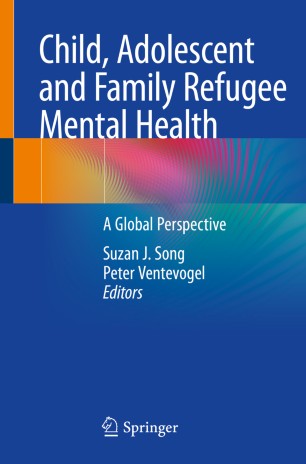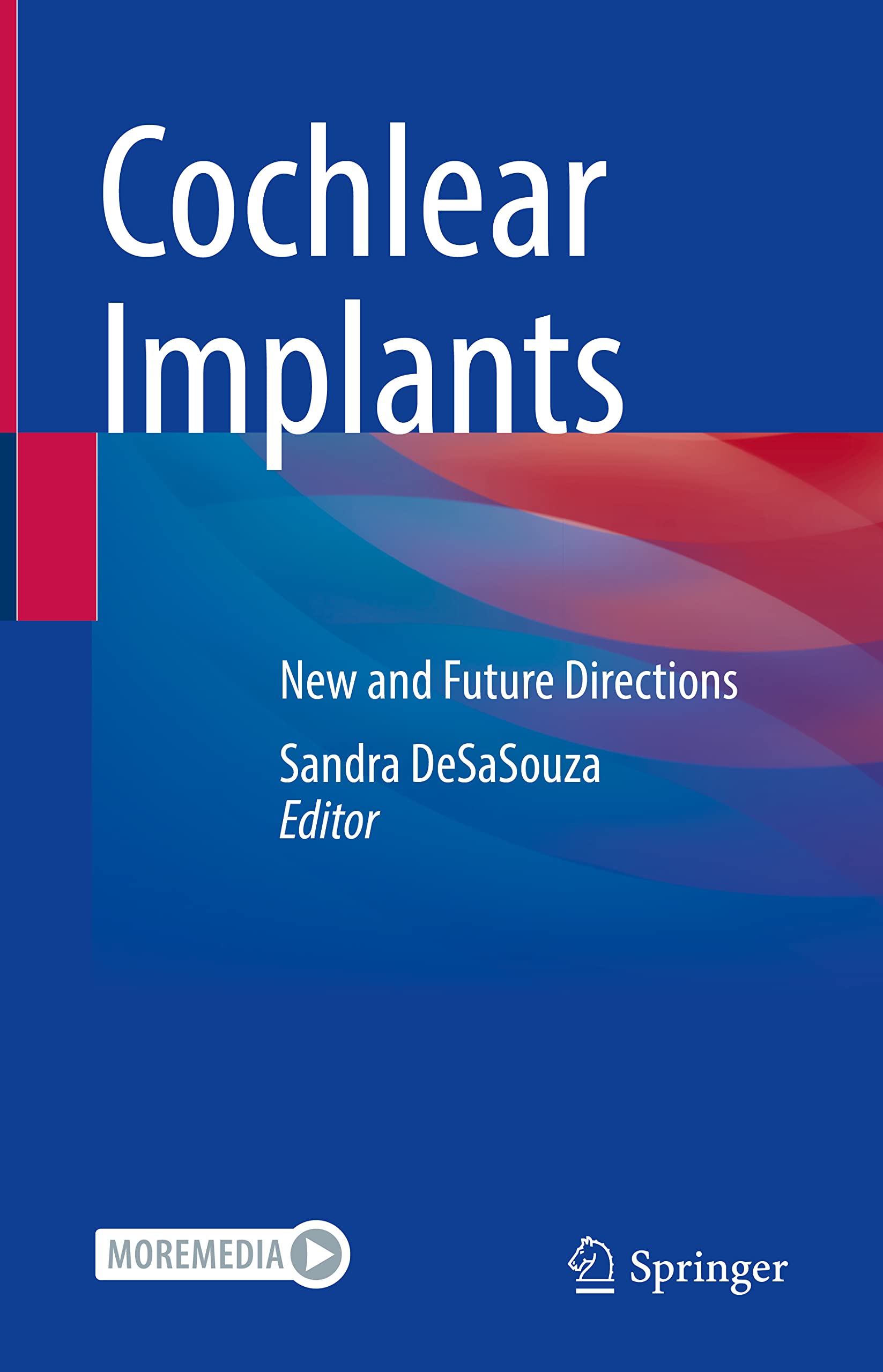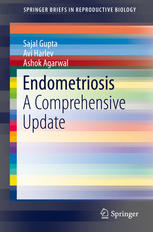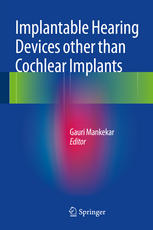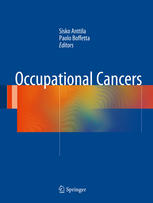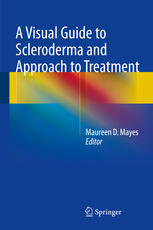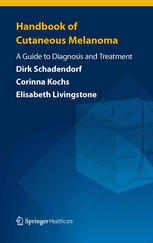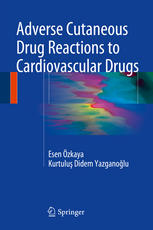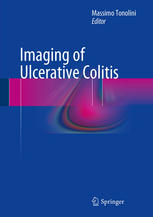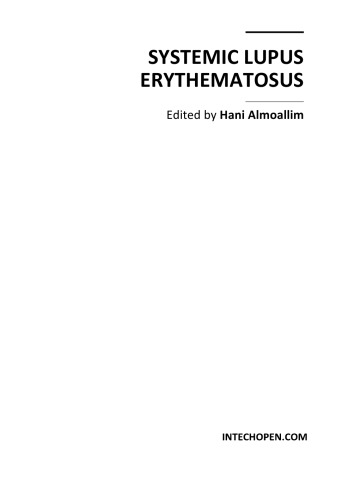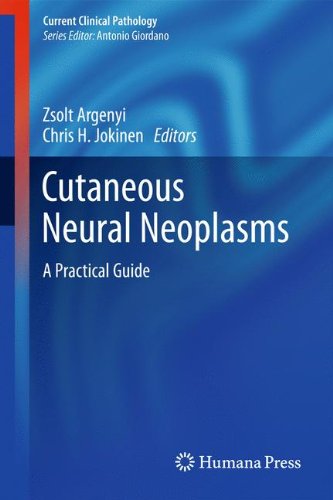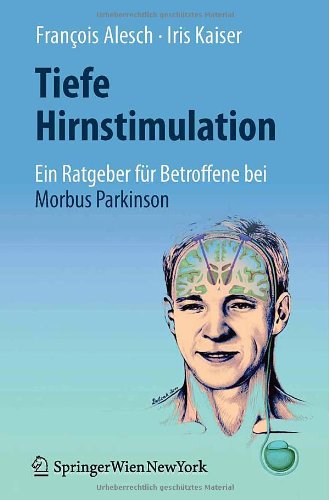سلامت روان کودک، نوجوان و خانواده: دیدگاهی جهانی ۲۰۲۰
Child, Adolescent and Family Refugee Mental Health: A Global Perspective 2020
دانلود کتاب سلامت روان کودک، نوجوان و خانواده: دیدگاهی جهانی ۲۰۲۰ (Child, Adolescent and Family Refugee Mental Health: A Global Perspective 2020) با لینک مستقیم و فرمت pdf (پی دی اف)
| نویسنده |
Peter Ventevogel, Suzan J. Song |
|---|
| تعداد صفحهها |
275 |
|---|---|
| نوع فایل |
|
| حجم |
3 Mb |
| سال انتشار |
2020 |
89,000 تومان
معرفی کتاب سلامت روان کودک، نوجوان و خانواده: دیدگاهی جهانی ۲۰۲۰
بیش از نیمی از 25.9 میلیون پناهنده در جهان زیر 18 سال سن دارند و سلامت روان این کودکان و نوجوانان یک اولویت رو به رشد بهداشت عمومی جهانی است. کودکان پناهنده و خانواده هایشان در معرض افزایش خطر مشکلات سلامت روانی هستند، اما اغلب برای دستیابی به درمان مناسب با چالش های مهمی روبرو هستند و متخصصان بهداشت روان اغلب احساس می کنند که برای کمک به این گروه از آمادگی کافی برخوردار نیستند.
پناهندگان با طیف وسیعی از مسائل از جمله از دست دادن اسرارآمیز عزیزانشان، ضربه های روحی مربوط به تجربیات گذشته خشونت و جنایات، پیچیدگی های زندگی روزمره به عنوان پناهنده، و چالش های سازگاری با سیستم های جدید روبرو هستند. مراقبت و پشتیبانی عاملیت آنها اغلب به دلیل شرایط زندگی پناهندگان تضعیف می شود، زیرا آنها با تبعیض، انگ، و انزوا یا طرد اجتماعی روبرو هستند. پناهندگان اغلب از حمایت های معمول خانواده و جامعه که قبلاً داشته اند، قطع می شوند و همین امر باعث ایجاد ناراحتی روانی اضافی می شود. از آنجایی که والدین با این تغییرات دست و پنجه نرم می کنند، فرزندانشان اغلب برای سازگاری و ارتباط با آنها مشکل پیدا می کنند. همه اینها منجر به افزایش شیوع شرایط سلامت روان در میان پناهندگان می شود.
سیاست بشردوستانه مداخلات خانواده محور را توصیه می کند که چندبخشی، چند رشته ای و بر استفاده بهینه از منابع تمرکز دارد. در طول دهه گذشته، حجم قابل توجهی از تحقیقات در مورد مدل های اجتماعی و محیطی سلامت روان، خانواده و جامعه، و نظریه های مبتنی بر تاب آوری و قدرت پدیدار شده است، اما این ایده ها به اندازه کافی در عملکرد مراقبت از سلامت روان برای کودکان پناهنده ادغام نشده اند. . پزشکان اغلب برای درک استرس های مشترک و منحصربه فردی که خانواده ها با آن مواجه هستند، تلاش می کنند و با کار با خانواده ها به عنوان واحدهای مداخله آشنا نیستند. استفاده از روش های ارزیابی آگاهانه فرهنگی و زمینه ای و تکنیک های مدیریت خانواده محور نه تنها به تک تک کودکان یا نوجوانان، بلکه به خانواده های آنها نیز کمک می کند.
هدف این کتاب ارائه مروری بر آخرین بینش های نظری حاصل از تحقیقات در مورد جنبه های اجتماعی-فرهنگی سلامت روان و ارتباط آن ها با بینش های بالینی از ارائه مراقبت های عملی سلامت روان است. استفاده از نقاط قوت و رویکردهای مبتنی بر تاب آوری و خانواده محور می تواند به عملکرد بالینی در سلامت روان پناهندگان کمک کند، اما پزشکان باید شواهد در حال ظهور را به مراحل و مداخلات ملموس ترجمه کنند. این نیاز به مهارت های بیشتری برای ارزیابی و مدیریت شرایط سلامت روان در کودکان و خانواده های پناهنده دارد.
فصل های این کتاب توسط نویسندگان مختلفی با رویکردهای جهانی و بین رشته ای نوشته شده است. این فصل نمونه هایی از زمینه های مختلف از جمله پناهندگانی که به کشورهای همسایه آواره شده اند، پناهندگان «در حال حرکت» و پناهندگان و پناهجویان در مکان های اسکان مجدد ارائه می دهد. بنابراین، این کتاب یک منبع منحصر به فرد برای پزشکان، محققان و سیاست گذارانی است که روی مسائل بهداشت روانی کودکان و نوجوانان پناهنده در سراسر جهان کار می کنند.
More than half of the 25.9 million refugees in the world are under the age of 18 and the mental health of these children and adolescents constitutes a growing global public health priority. Refugee children and their families are at increased risk to develop mental health problems, but they often face major challenges in accessing adequate treatment and mental health professionals frequently feel ill-equipped to assist this group.
Refugees are faced with a plethora of issues including the ambiguous loss of loved ones, psychological trauma related to past experiences of violence and atrocities, the complexities of daily life as a refugee, and the challenges to adapt to new systems of care and support. Refugees’ life circumstances all too often undermine their agency, asthey face discrimination, stigma, and social isolation or exclusion. Refugees are frequently disconnected from the usual family and community supports that they once had, which creates additional mental distress. As parents struggle with these changes, their children often find it even more difficult to adapt and connect with them. This all leads to increased prevalence of mental health conditions among refugees.
Humanitarian policies recommend family-centered interventions that are multi-sectoral,multi-disciplinary, and focus on optimizing resource utilization. Over the last decade, a considerable body of research has emerged around socio-ecological models of mental health, family and community approaches, and resilience and strengths-based theories, but these insights are insufficiently incorporated in the practice of mental health care for refugee children. Clinicians often struggle to grasp the common unique stressors that families face and are not familiar with working with families as units for intervention. Using culturally and contextually informed assessment methods and family-oriented management approaches not only help individual children or adolescents, but also their families.
This book aims to provide an overview of the latest theoretical insights from research on sociocultural aspects of mental health and connect these with clinical insights from practical mental health care provision. Using strengths-based, resiliency-oriented and family-centered approaches can enrich clinical practice in refugee mental health, but clinicians need to translate the emerging evidence into concrete steps and interventions. This requires additional skills for the assessment and management of mental health conditions in refugee children and families.
The chapters in this book are written by a diverse group of authors using global, multi-disciplinary approaches. The chapters provide examples from various contexts including refugees who are displaced to neighboring countries, refugees ‘on the move’, and refugees and asylum seekers in resettlement settings. This book is therefore a unique resource for clinicians, researchers and policy makers working on mental health issues of refugee children and adolescents around the world.


